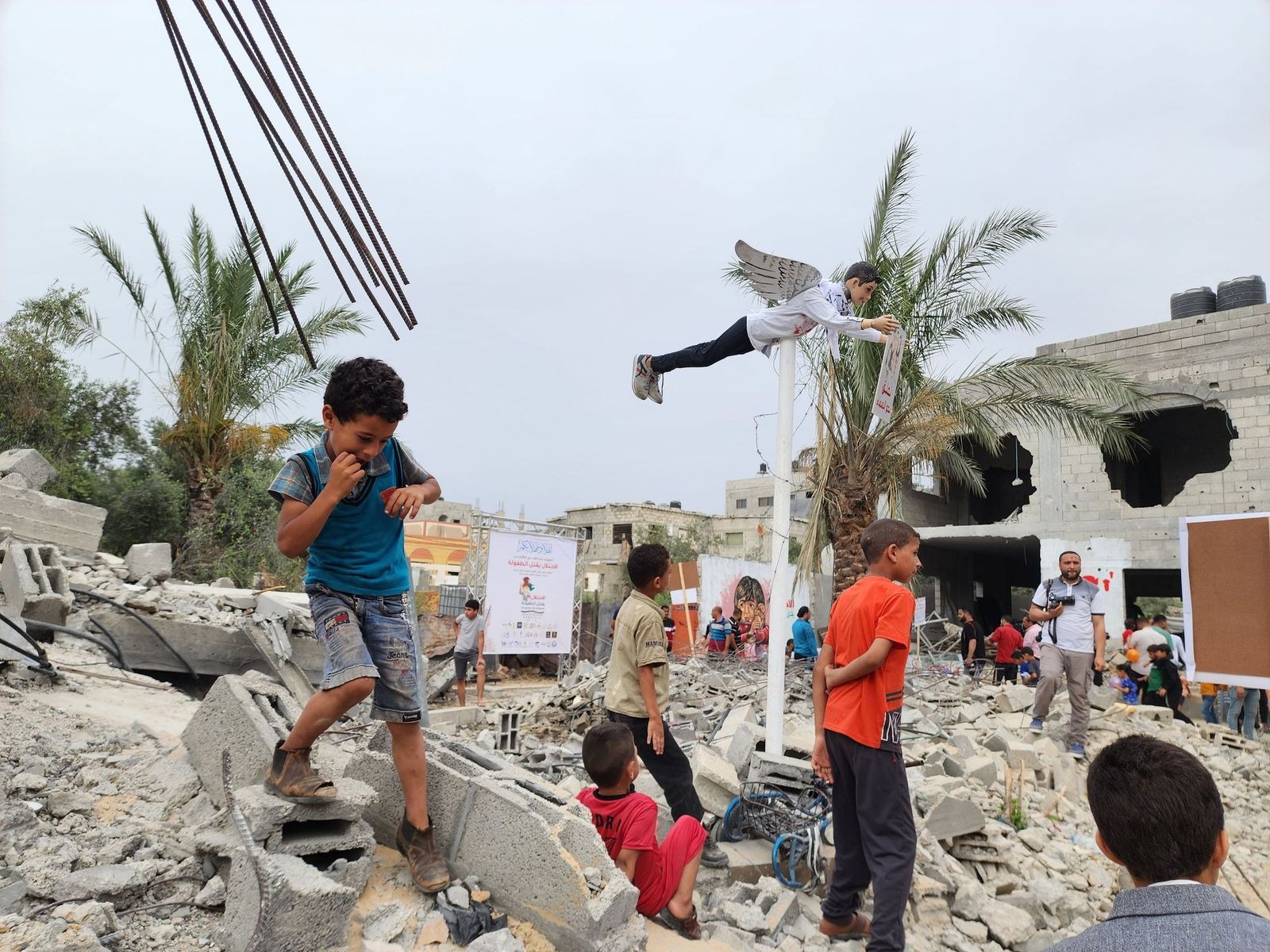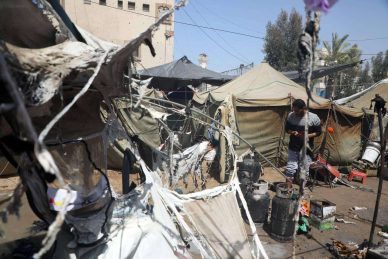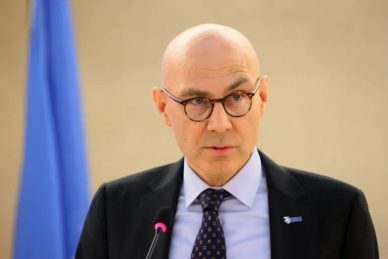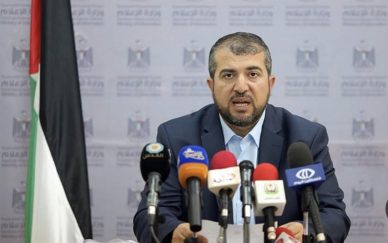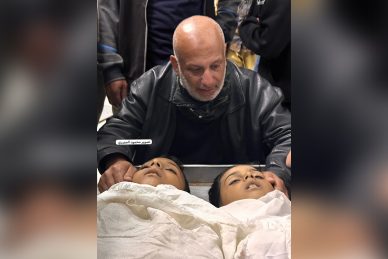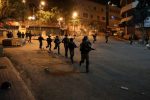The children of the besieged Gaza Strip have been exposed to extreme violence and experience constant unbearable levels of fear and anxiety from birth. Inevitably there is a broad range of adverse consequences for the mental health of children exposed not only to bloody Israeli occupation raids but also to prolonged years of Israeli blockade and isolation experiencing long hours of power cuts lacking many necessary items and materials resulting from the Israeli closure of Gaza’s crossings.
The children of Gaza show abnormal conditions in their behaviors such as anxiety disorders post-traumatic stress disorder (PTSD) depression dissociative disorders typified by disengagement with the external world numbing catatonia and behavioral disorders especially aggression and asociality. The high psychological burden on residents of Gaza underscores the need for continuous mental health care. However psychologists in Gaza undergo a gauntlet of trials and tribulations due to the perpetuity of the Israeli terrorism living under the same untenable conditions as the people they treat.
Psychologist Dr. Hasan Khawajah told me “We are dealing now with generations that have never experienced normal life.” After sixteen years of the Israeli siege by land air and sea many young people in Gaza have become accustomed to their current situation as a result of extremely limited exposure to the outside world. According to Dr. Khawajah “When they contact others online or if they have the chance to exit Gaza they are shocked by the reality.”
Dr. Khawajah also spoke on the many challenges psychologists face while treating their children patients due to the relentless atrocities committed by the occupation. Suzy Ishkuntana 11 is a survivor of the 2021 Israeli offensive on the Gaza Strip. Pulled out of the rubble of her destroyed home Suzy witnessed the deaths of her mother and all her siblings who were sitting with her before an Israeli air strike destroyed their home leaving Suzy the lone survivor of the massacre in her home. She has also survived a recent Israel airstrike which hit a building next to the building she lives in. Suzy’s father Riyad says “Suzy suffered severe shock in 2021 and we barely could treat her. Now in the 2023 aggression she suffered from relapse after witnessing a strike on our neighbor’s building which killed three people.” According to Riyad “No place is safe in Gaza. Wherever we go the ghost of the occupation follows us.”
During these long years of blockade and siege the people of Gaza have survived 5 major Israeli attacks. These attacks add another layer of insecurity and anxiety onto the psyches of children who are already burdened from the draconian siege along with daily violations to their abnormal life that already produces higher levels of anxiety and a reduced quality of life. Riyad commented that the ongoing buzzing of Israeli drones and the loud mock raids are forms of psychological torture and a constant reminder to his daughter. “Imagine a giant bumblebee trapped in each of your ears and it never stops. This is exactly how it feels as the Israeli drones buzzing in Gaza” he describes.
The infliction of the deadly aggressions upon children can thus be considered as collective punishment and violation of children’s basic human rights. For children the detrimental effects of attacks trauma are not limited to specific mental health diagnoses or persistent impairment in health well-being and developmental potential but also include a broad and multifaceted set of developmental outcomes that compromise relationships school performance and general life satisfaction. Children’s play can also be affected for instance the emergence of morbid themes restriction in fantasy play and social withdrawal.
Dr. Khawajah issued a well-founded complaint that there are not enough well-trained psychologists in Gaza nor are there sufficient quality mental health facilities for treating psychological conditions due to donor concentration on helping people with health food reconstruction and infrastructure. While these sectors are all critical for life in the besieged Gaza Strip there is an equally critical deficiency in addressing the mental health of the people of Gaza. While some donors provide funding to mental health and psychological support programs they are few and far between vastly insufficient to meet the number of children who need treatment in Gaza. In a report issued by Save the Children 80% of Gaza children four out of five suffer from depression sadness and fear.
– Wafa Aludaini is a Gaza-based journalist and activist. She contributed this article to the Palestinian Information Center.

